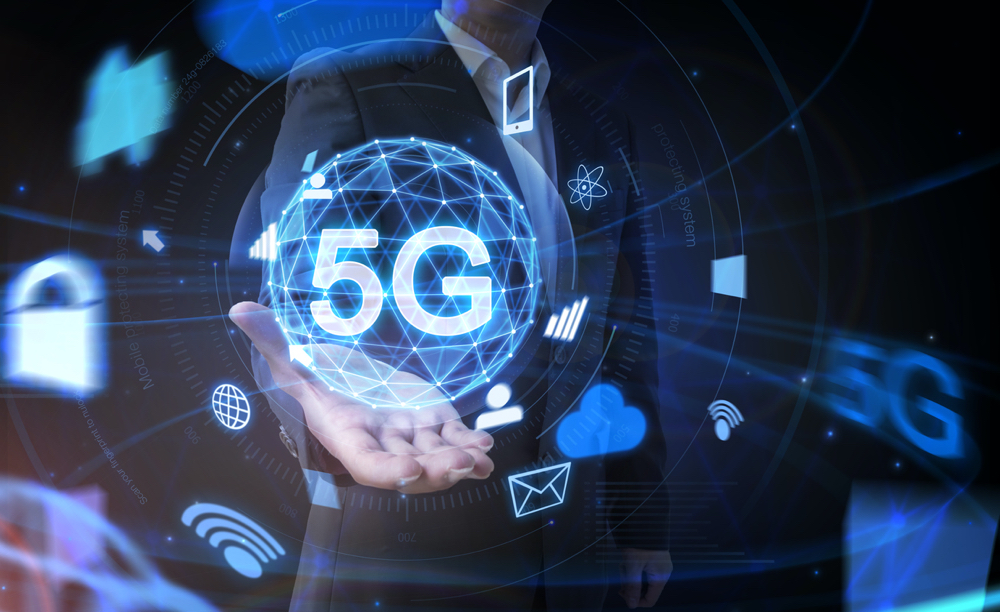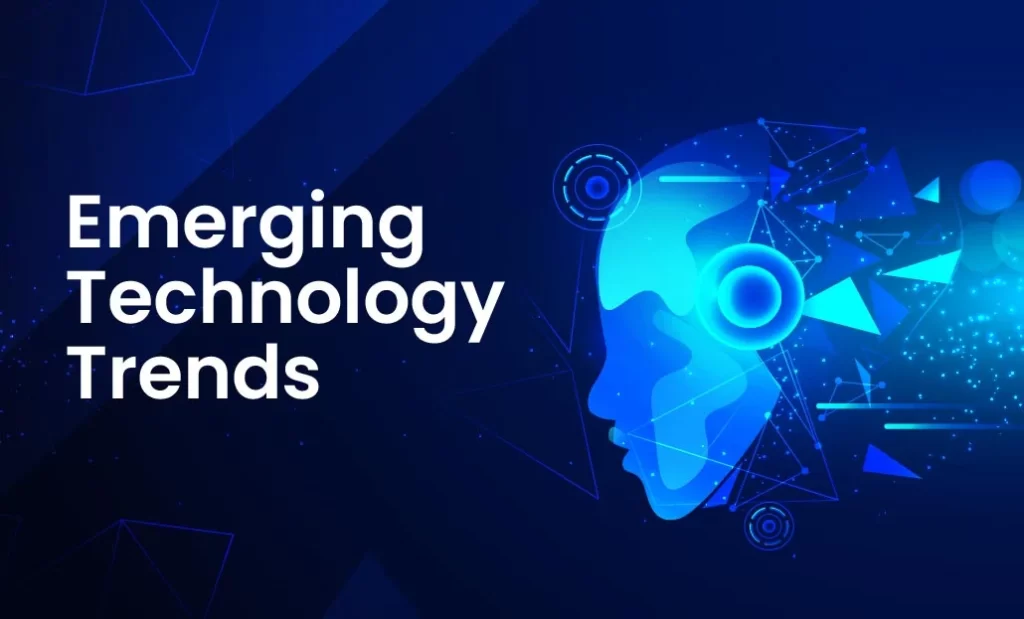5G Technology: Revolutionizing Connectivity and Communication

In the ever-evolving landscape of technology, one innovation stands out as a game-changer: 5G technology. With promises of faster speeds, lower latency, and the potential to transform various industries, 5G is set to revolutionize the way we connect and communicate. In this blog, we will explore the profound impact of 5G on our world, from enhanced mobile experiences to the Internet of Things (IoT) and beyond.
The 5G Revolution: What Is It All About?
Before delving into the impact of 5G, let’s understand what it is. 5G, short for the fifth generation of wireless technology, is a significant leap forward from its predecessor, 4G. It is designed to offer faster data transfer rates, ultra-low latency, and the capacity to connect billions of devices simultaneously. This technology has the potential to unlock a new era of connectivity.
Read More : How Nowadays AI Can Be Dangerous for Privacyhttp://How Nowadays AI Can Be Dangerous for Privacy
Lightning-Fast Speeds for Mobile Devices
One of the most anticipated benefits of 5G is its incredible speed. With peak download speeds projected to reach up to 20 gigabits per second, 5G is set to make downloading and streaming content faster and more reliable than ever before. This means that you can download an HD movie in seconds, and lag-free online gaming will become the norm.
Lower Latency for Real-Time Interactions
Reduced latency is another hallmark of 5G. Latency is the delay between sending a command and receiving a response. In the world of mobile gaming, telemedicine, and autonomous vehicles, low latency is crucial. 5G will enable real-time interactions, making applications like remote surgery, augmented reality, and self-driving cars much safer and more efficient.
Empowering the Internet of Things (IoT)
5G is tailor-made for the IoT. With its ability to connect vast numbers of devices simultaneously, it opens up opportunities for smart cities, connected homes, and industrial applications. Sensors, cameras, and devices can communicate seamlessly, creating a web of interconnected systems that optimize everything from energy consumption to transportation.
Read More : The Influence of Technology on Education and E-Learning
Transforming Industries
Beyond personal connectivity, 5G has the potential to transform various industries. In healthcare, it enables telemedicine, remote patient monitoring, and quicker access to medical data. In manufacturing, it improves automation and precision, leading to more efficient and cost-effective production. Additionally, in transportation, it paves the way for autonomous vehicles and smart traffic management systems.
Challenges and Considerations
While 5G holds immense promise, it also faces challenges. The rollout of the infrastructure is costly and requires extensive planning. Concerns about privacy and cybersecurity must be addressed as more data flows through the network. Moreover, ensuring 5G access to rural and underserved areas is a priority to bridge the digital divide.
Conclusion
5G technology is set to revolutionize the way we connect, communicate, and do business. Its speed, low latency, and ability to connect numerous devices simultaneously will redefine how we interact with the digital world. As we move into the 5G era, it’s important to consider the opportunities and challenges that lie ahead and to ensure that this revolutionary technology benefits everyone, everywhere. The future of connectivity and communication has arrived, and it’s faster, more efficient, and more transformative than ever before.
Read More : The Role of AI in Content Creation: A Revolution in the Making







